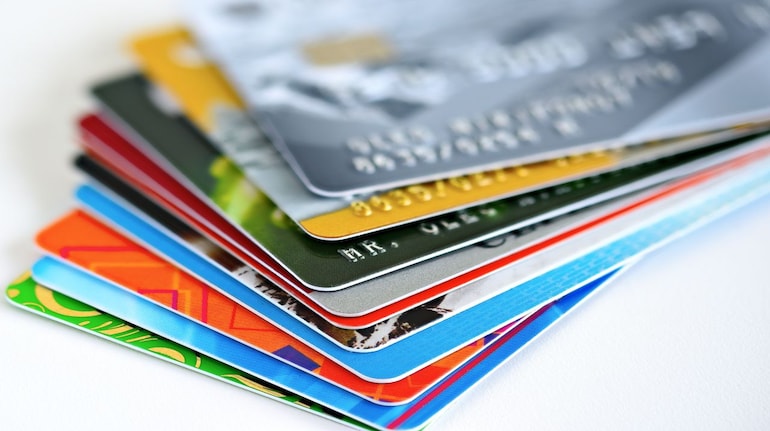



When you're taking out a loan or credit card, you might hear of 'credit hunger' — an alarm bell in your credit report that may result in rejections or poor loan terms. Credit hunger is a phrase adopted by lenders and credit agencies to explain action that points to the applicant being desperate or, to some extent, dependent on borrowed funds. This will typically be raised when an individual is applying for several loans or credit cards in a brief time span.
Why does the credit hunger flag ariseThe most frequent reason that triggers a credit hunger flag is numerous recent hard inquiries on your credit report. Each time you take out a loan or credit card, the lender initiates a hard inquiry of your credit report to determine how creditworthy you are. One or two such inquiries within a few months is typical, but a group of such inquiries within a short period (e.g., five or more within three months) indicates danger to lenders.
Banks and credit bureaus view this trend as an indication that the borrower may be experiencing financial pressures or wanting too much credit. This action can decrease your credit score and make it more challenging to qualify for new credit, even when you have never missed a payment.
Other habits that attract the credit hunger stigmaIn addition to repeated credit applications, habitually charging your credit cards to the limit or repeatedly using a large percentage of your credit limit available may also solidify the credit dependence impression. Even applying for several 'buy now, pay later' or zero-interest EMI promotions within a short span can have this effect.
Drawing down your full credit line often — even if you pay it in full on time — can make creditors think you're over-leveraged, and that again raises the credit hunger flag.
Why credit hunger is badA credit hunger flag can decrease your credit score by 30–50 points or more, depending on your profile and how many inquiries you have. It can result in loan denial, higher interest rates, or reduced credit card limits. Even if you qualify later, the terms might not be as good, and it will cost you more in the long term.
Borrowers are wary of lenders who seem credit-hungry because that raises the likelihood of default. For good borrowers, even a single ill-timed loan request — when combined with prior ones — would have adverse effects.
How to avoid raising the credit hunger flagSpace out your credit requests. Don't apply for several cards or loans in rapid succession. If you're comparing, use pre-approved offers or check eligibility with "soft pull" tools that banks or finance marketplaces offer — these don't impact your credit score.
Keep your credit usage ratio at less than 30% of the total available credit. If you require additional credit, ask for a boost in the limit of your current credit card instead of applying for
another. Also, check your credit report from time to time to observe any suspicious inquiries and report unauthorized checks.
Credit hunger isn't a matter of how much credit you take — it's a matter of how you take it and how often you take it. Controlling your credit behaviour with patience, planning, and discipline can keep your credit profile healthy and avoid lender scares that send lenders running.
Discover the latest Business News, Sensex, and Nifty updates. Obtain Personal Finance insights, tax queries, and expert opinions on Moneycontrol or download the Moneycontrol App to stay updated!
Find the best of Al News in one place, specially curated for you every weekend.
Stay on top of the latest tech trends and biggest startup news.